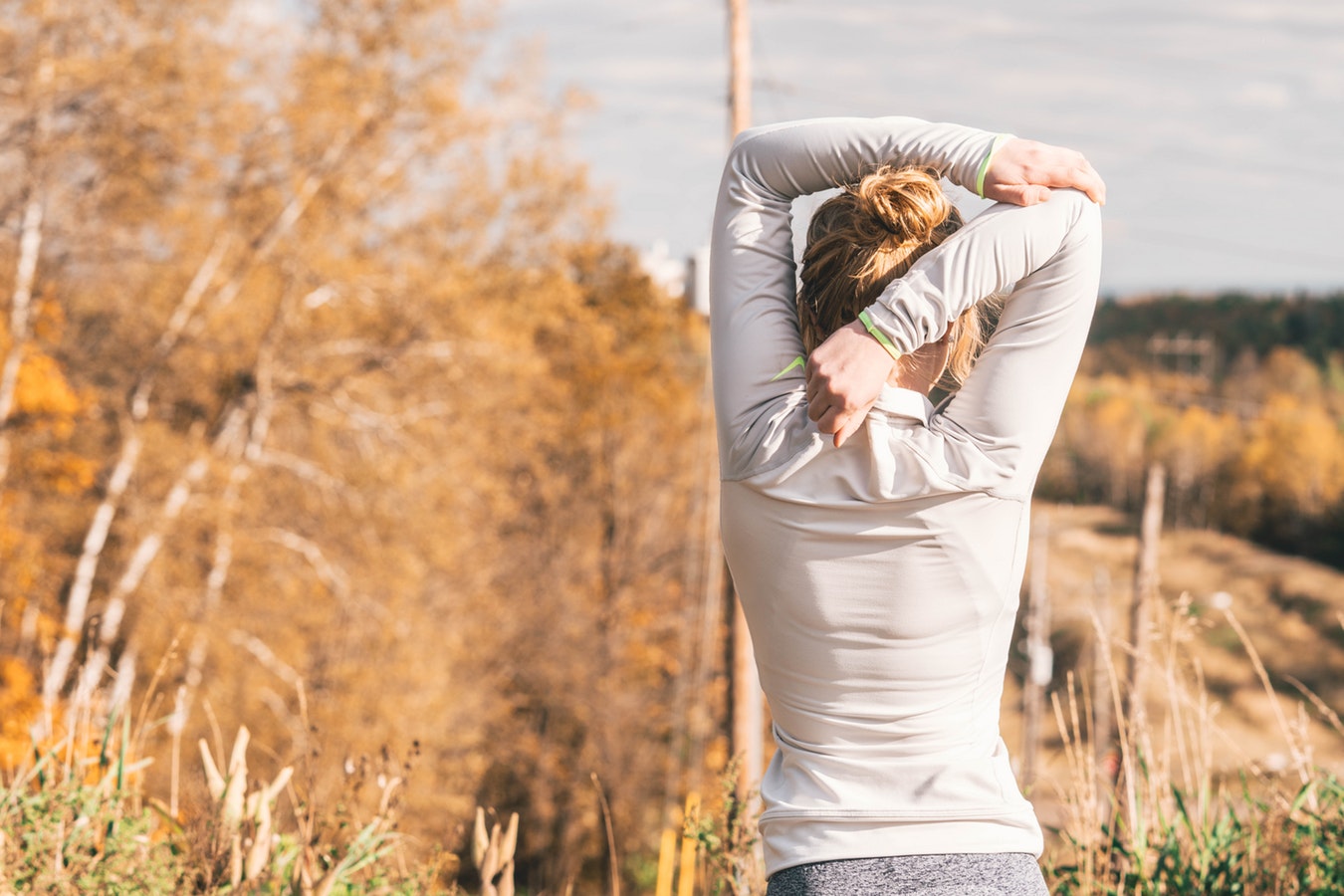
Body + Mind is reader-supported. We may earn an affiliate commission when you buy through some of the links on our site.
If you’ve gone to a doctor or watched an infomercial ever, you know regular exercise benefits your body in multiple ways. How critical is it to your reproductive health, though?
It proves more valuable than you probably think. Exercise helps you maintain healthy body weight while remaining overweight or obese increases your risk for various disorders. It also balances your hormones naturally and improves your mental outlook. Read on to discover eight ways to answer the question, “How important is exercise to my reproductive health?”
If you’re overweight or obese, you run a higher risk of developing uterine fibroids, tumor-like growths that can impact your fertility. Remaining obese means running a two to three times higher risk of developing the disorder.
Exercise can also clue you in to other underlying disorders if you lack additional symptoms. For example, if you fail to shed a single pound despite adopting a program of moderate exercise most days per week, you could suffer from polycystic ovarian syndrome (PCOS). PCOS occurs when your body produces an excess of androgen, and because the disorder results in fewer mature eggs, it can hinder your chances of getting pregnant.
If you’ve ever suffered an injury, you probably didn’t feel much like getting freaky while you recovered. You may have experienced hormonal fluctuations from changing activity levels, making your period even less pleasant.
Exercise can help you recover from injuries more quickly and get back to your everyday life. It can also mean a quicker return to playtime between the sheets if you’re trying to conceive.
Labor and childbirth weaken pelvic floor muscles in many women. If this happens to you, you can experience loss of sexual sensation and leakage of urine when you laugh or sneeze.
Exercise can strengthen the pelvic floor muscles. This helps you recover from childbirth more quickly, though you will want to follow your physician’s instructions if you’ve had a cesarean section. You can do specific exercises for the pelvic floor muscles, but simply getting moving by taking a walk helps, too.
Research studies indicate women with a BMI higher than 30 have a more difficult time getting pregnant. To bolster your chances of conceiving, start a program of exercise consisting of a mix of higher-intensity aerobics, weight-training, light gardening, walking and yoga. Pass on activities that reduce you to breathlessness — for maximum hormone-balancing effects, work out at a level where you can hold a conversation, even if you pant a little.
If you’re trying to get pregnant, you’re preparing your body to carry another human for nine months. After that, you’ll heft your little one millions of times for diaper changes, feeding and wiping tears. That takes some serious strength. How important is exercise for would-be moms? Very!
Exercise helps you build the muscular endurance necessary to handle your activities of daily living with ease. It also helps prevent injury, as working out teaches you proper techniques for lifting things like heavy groceries — or kids.
Most of us have some pain and bloating with our periods, but if you experience significant discomfort, exercise can help. Working out also helps alleviate depression and anxiety, conditions many women experience before and during their periods.
Exercise can also alleviate cramps by releasing endorphins. These feel-good chemicals peak after moderate exercise and can relieve discomfort as effectively as over-the-counter pain relievers in some.
Exercise helps to regulate hormones such as cortisol, insulin and progesterone levels naturally. Your body releases cortisol when you’re under stress. Chronic stress keeps levels of this hormone high, spurring behaviors like binge-eating and substance abuse.
Insulin regulates how your body processes sugar. In women with metabolic syndrome, insulin resistance makes weight loss problematic. Exercise helps balance these levels, which can help you power through a weight-loss plateau.
Exercise also balances out your progesterone levels. When you ovulate, your body releases progesterone to spur your uterine lining to grow. An imbalance in this hormone may contribute to conditions such as endometriosis, where the endometrial tissue grows on organs outside of the uterus.
Finally, exercise helps alleviate stress and anxiety. Many women suffer from anxiety disorders due to victimization earlier in life or the day-to-day pressures of work and family. Nearly twice the number of women than men have an anxiety disorder.
Exercise relieves anxiety by increasing levels of oxytocin, sometimes called the cuddle chemical. Research indicates regular aerobic exercise increases these levels in women. Oxytocin promotes a sense of peace and relaxation — it is the same chemical our brains release after a particularly satisfying romp in the sheets.
How important is exercise to your reproductive health? In short, it’s vital. Whether you want to regulate your periods the natural way or improve your chances of a positive home pregnancy test, moderate exercise can help.
Your email address will only be used to send you our newsletter, and at any time you may unsubscribe. For more information, see our Privacy Policy.